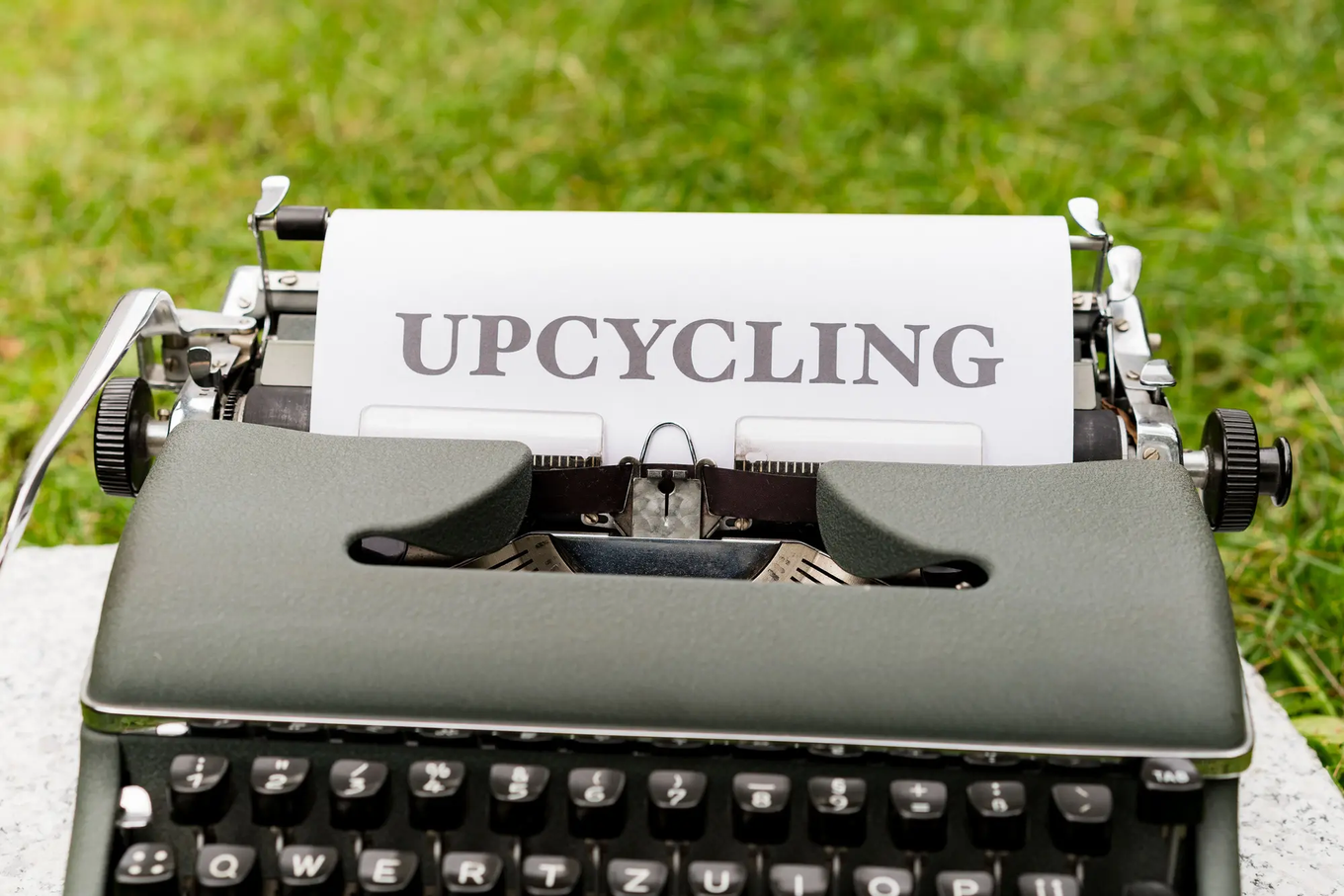Safeguarding Your Information during Technology Recycling

In today's fast-paced digital world, technology has become an integral part of our lives. As we upgrade our devices, it's crucial to consider the security of the data stored within them. When recycling or disposing of old technology, such as smartphones, computers, or hard drives, proper data wiping is essential to protect sensitive information from falling into the wrong hands. In this article, we will explore the importance of data erasure and provide insights on ensuring your data is securely wiped before recycling your devices.
Protecting Your Sensitive Data
If you have an old piece of technology that you want to recycle, it's important to recognize that the device might contain personal, financial, or confidential information. This data could be at risk if not properly erased. Simply deleting files or performing a factory reset is often not enough to ensure complete removal. Sophisticated data recovery techniques can retrieve information even after deletion, making it crucial to implement a thorough data-wiping process.
The Consequences of Inadequate Data Wiping
Failure to securely erase data from your device can lead to serious consequences. Personal information falling into the wrong hands can result in identity theft, fraud, or unauthorised access to sensitive accounts. For businesses, improper data wiping can compromise proprietary information, jeopardise customer trust, and expose the company to legal and regulatory issues. Therefore, taking the necessary steps to wipe your data securely is not only a responsible action but also a vital security measure.
Ensuring Secure Data Wiping
To ensure your data is effectively wiped before recycling your devices, consider the following best practices:
- Use Professional Data Wiping Software: Utilise reputable data-wiping software that follows industry-standard protocols. These programs employ advanced algorithms to overwrite data multiple times, making it nearly impossible to recover.
- Choose Certified Recyclers: When selecting a recycling company or facility, verify that they adhere to strict data sanitization practices. Look for certifications such as ISO 27001 or e-Stewards, which validate their commitment to data security.
- Physical Destruction: For highly sensitive data, physical destruction of storage media might be necessary. This process involves physically shredding or pulverising the device, rendering the data irretrievable.
- Secure Data Wiping Services: Consider partnering with a professional IT asset disposition provider that specialises in secure data wiping. These experts possess the knowledge and resources to ensure complete data erasure while adhering to industry regulations.
Safeguarding your data is of utmost importance, even when parting with your old technology. Implementing secure data-wiping practices before recycling or disposing of your devices helps protect your personal and confidential information from falling into the wrong hands. Whether you choose to use data wiping software, certified recyclers, or seek professional services, taking proactive steps to erase data ensures the security and peace of mind you deserve. By prioritizing data protection during technology recycling, you contribute to a safer digital ecosystem for yourself and others.
Remember, it's better to be safe than sorry when it comes to data wiping.



